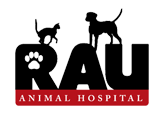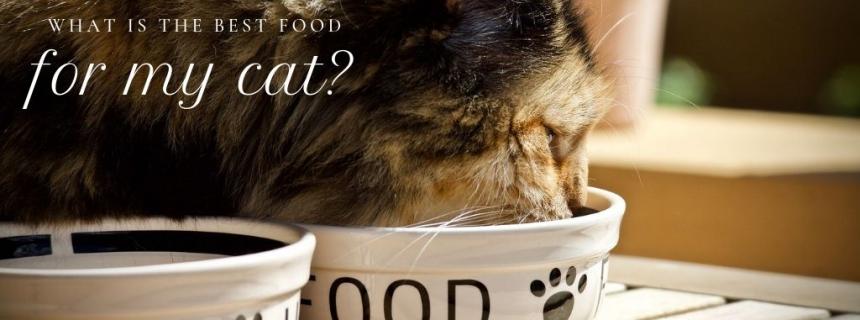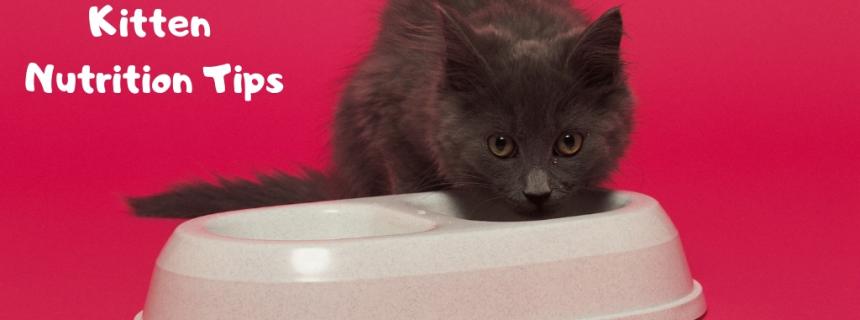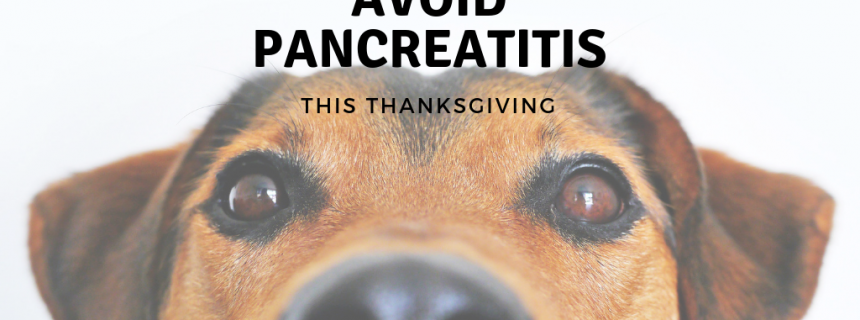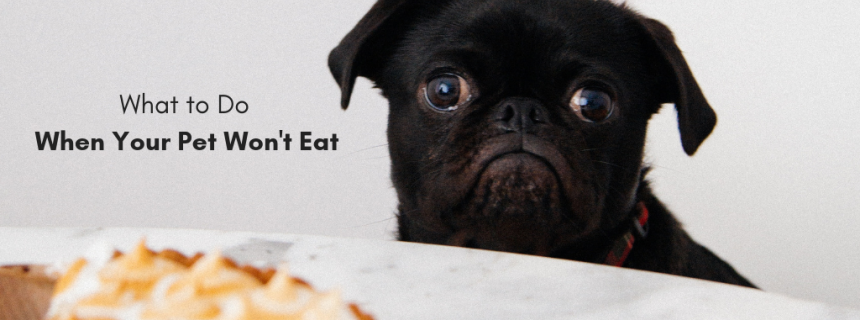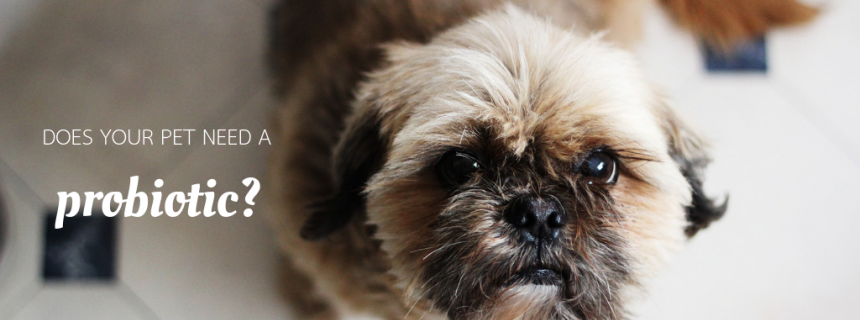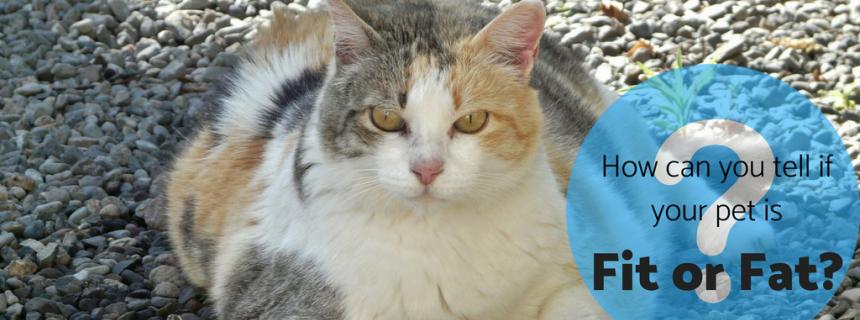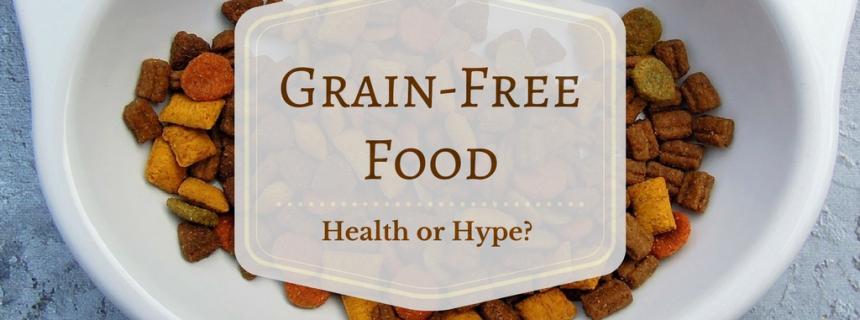This collection of [term:name] articles has been curated for you by Rau Animal Hospital. If you would like to talk to a veterinarian, please give us a call at 215-515-5542.
What is the Best Food for My Cat?
Have you ever gone to the pet store and just looked at the rows and rows of food? Has a friend talked to you about how wonderful their pet's new food is because it cured all of their problems? We’re right there with you. The world of pet food will make your head spin! And when you add in all the good and bad stories you’ve heard from the internet, social media, or friends...where do we even start to choose the best food to feed our cats?
Read More
Nutrition Tips for Your New Kitten
The image of fluffy, baby kittens will put a smile on most anyone’s face. Yet, their energy is almost as boundless as their cuteness. The adage of “curious cat” must have come from kittens as they’re excited to explore every nook and cranny in an effort to discover their new world. Seemingly unafraid of heights or dark corners, kittens rarely take “no” for an answer.
Read More
Avoid Pancreatitis This Thanksgiving
Thanksgiving has a way of leaving the entire family feeling stuffed and sluggish, but if your dog or cat is also experiencing these signs (or others, such as vomiting or diarrhea) this holiday season, don’t ignore it.
Read More
What to Do When Your Pet Won’t Eat
When your pet suddenly loses his appetite, it can be concerning—particularly if you’ve got a regular chowhound on your hands.
Read More
Does Your Pet Need a Probiotic?
If your dog or cat struggles with gastrointestinal (GI) health, probiotics may be just what the vet ordered.
Probiotics are live microorganisms that can be introduced into the body to help with digestion and offer protection from harmful bacteria. Just as live cultures in yogurt can help keep a human gut healthy, probiotics can also help maintain the natural balance of organisms (known as microflora) in a pet’s digestive tract.
Read More
Fit or Fat: Your Pet's Body Condition Score (BCS)
Did you know? According to the Association for Pet Obesity Prevention, more than half of the pets in the United States are overweight or obese.
Overweight pets are at risk for a variety of health problems, including skin infections, high blood pressure, heart disease, immune suppression, diabetes, orthopedic and arthritic disorders, and even some forms of cancer, as well as increased surgical and anesthetic risk.
Read More
Integrative New Year's Resolutions for You and Your Pet
Most personal New Year’s resolutions are centered on health and relationships. You may promise yourself that you'll work out regularly, eat healthier or call your family more often. But what if you broadened your resolutions to include your pets? What would that look like? Could you find resolutions that would truly benefit both you AND your pets?
These resolutions are integrative in nature as they address various aspects of the pet’s well-being, such as diet, exercise and social and emotional needs.
Read More
Grain Free Pet Food: Health or Hype?
In recent years, grain free pet foods have become extremely popular. This trend was most likely developed in more of a consumer response to human nutrition trends, rather than responding to the nutritional needs of our pets in general.
When it comes to choosing the best food for your pet, the most important aspect is providing a complete and balanced nutritional diet, based on the specific needs of the pet.
Read More
